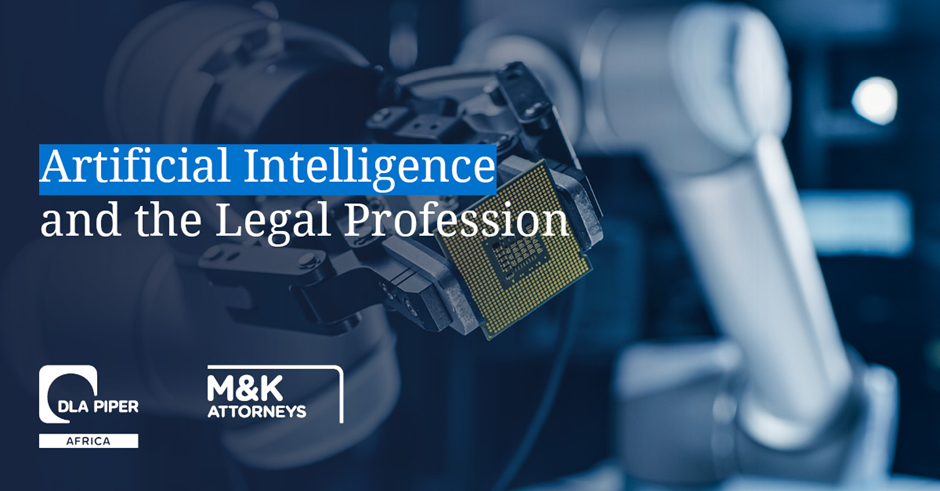23.09.2025 - Artificial intelligence (AI) has rapidly advanced in various sectors. It has transformed the way professionals perform their functions. From automation in production to predictive analysis in health care, these technologies have substantially modified the operational landscape. The legal profession has not been spared.
Within the legal profession, integration of AI offers huge changes, leading to a transformation in the traditional methods of legal practice. At the forefront of these transformations are AI tools specifically for legal research, the review of documents and the analysis of contracts. These tools improve both the quality and the speed with which legal work is completed. AI systems can develop large quantities of legal documents in a fraction of the time required by human lawyers. Resultantly, AI not only has the benefit of speed but also the reduction of human error in complex tasks.
On one end, AI will not make lawyers obsolete. Instead, it will redefine legal roles and improve general skills within the profession. On the other hand, a dependence on AI will no doubt raise ethical considerations such as issues of distortion and responsibility.
Ultimately, AI should not be used blindly but strategically. The integration of AI shows a future of legal practice that embraces innovation while supporting the fundamental principles of Justice and Duty.
By
Nyaradzo Mupfuti
Partner | Head of Financial Recoveries



 Victor Chilembwe,
Victor Chilembwe,  Theo Pitso,
Theo Pitso,  Eugene Vorster,
Eugene Vorster,  Keith Ndulamo Phili,
Keith Ndulamo Phili,  Obakeng Keith Mmopi,
Obakeng Keith Mmopi,  Isaac Ntombela /
Isaac Ntombela /  Terence Dambe/
Terence Dambe/  Tatenda C. Dumba /
Tatenda C. Dumba /  Obakeng Nthomamisi,
Obakeng Nthomamisi,  Agang Mfolwe,
Agang Mfolwe,  Jayne Cross /
Jayne Cross /